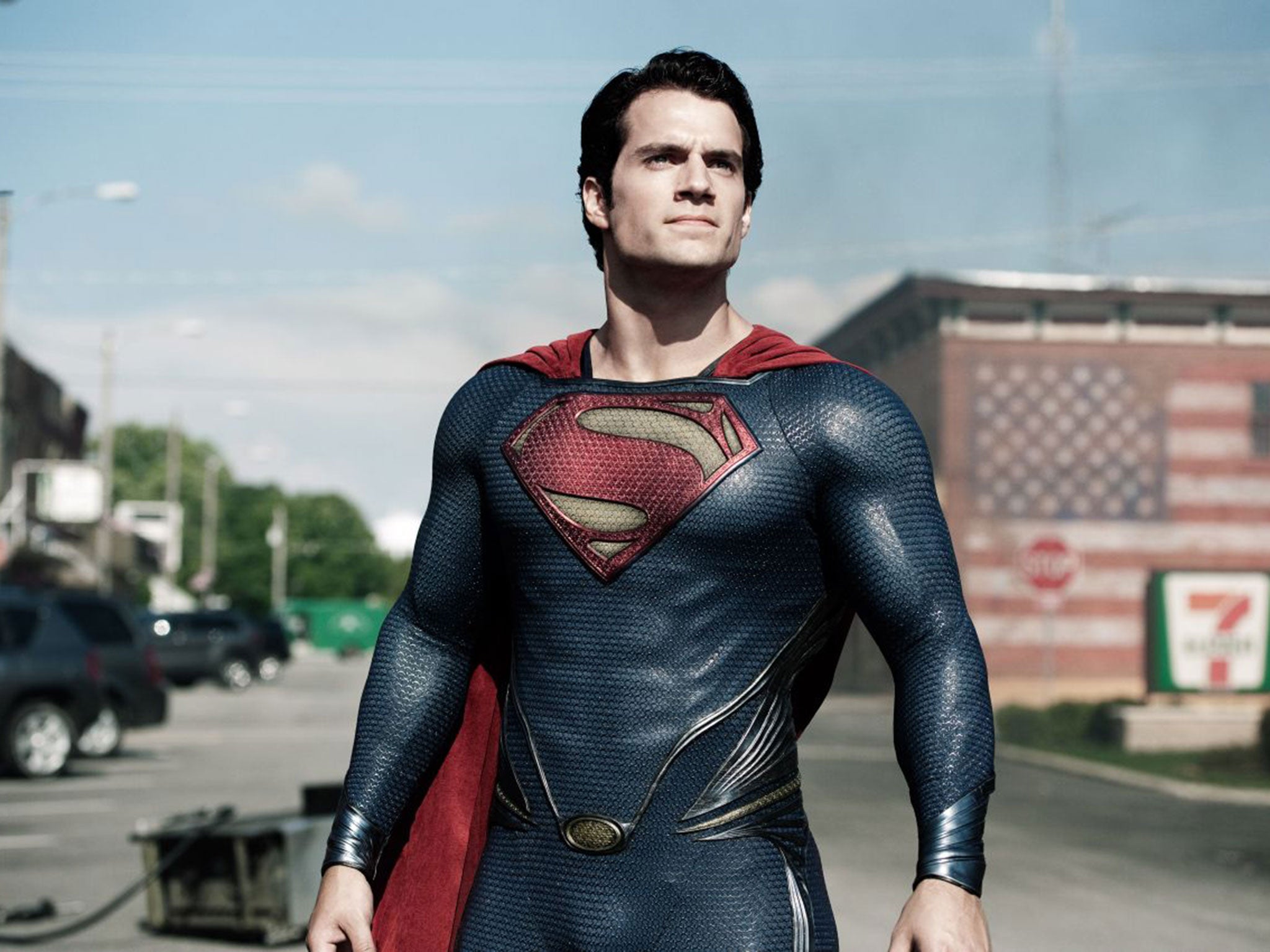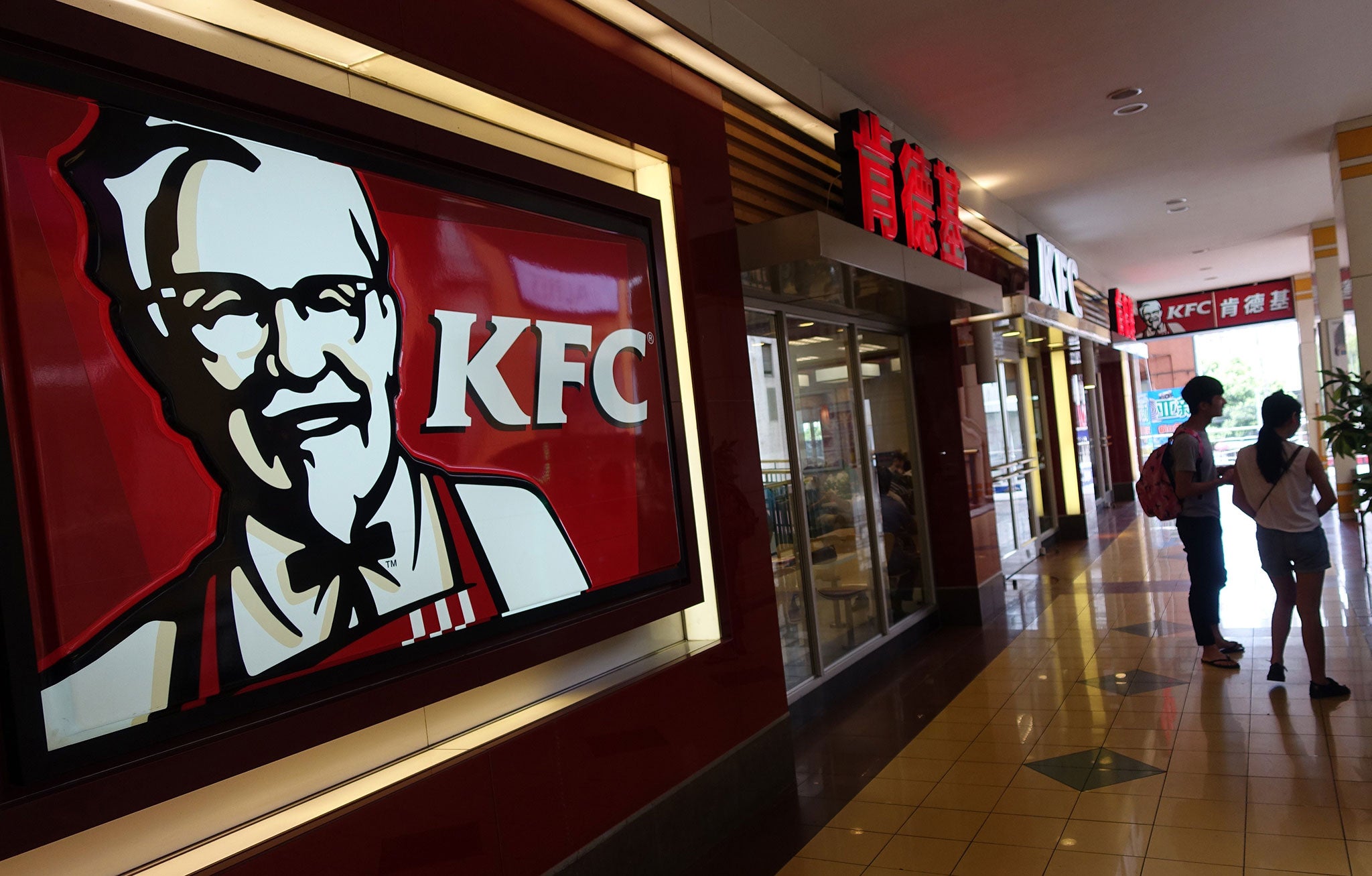Chinese state TV is offering advice for citizens picking a Western moniker
Simon Usborne, who met a 'Porridge' and a 'Vampire' while in China, can see the problem

Your support helps us to tell the story
From reproductive rights to climate change to Big Tech, The Independent is on the ground when the story is developing. Whether it's investigating the financials of Elon Musk's pro-Trump PAC or producing our latest documentary, 'The A Word', which shines a light on the American women fighting for reproductive rights, we know how important it is to parse out the facts from the messaging.
At such a critical moment in US history, we need reporters on the ground. Your donation allows us to keep sending journalists to speak to both sides of the story.
The Independent is trusted by Americans across the entire political spectrum. And unlike many other quality news outlets, we choose not to lock Americans out of our reporting and analysis with paywalls. We believe quality journalism should be available to everyone, paid for by those who can afford it.
Your support makes all the difference.Among the many things that were baffling when I arrived at a Chinese university as a hopeless English teacher in 2003 (see also the militaristic marching and campus lockdowns that constituted freshers' week) were the names that my students had given themselves. Reading the register at the start of my classes became an exercise in snigger control.
"Jackie?" Fine, that's common, thanks to Jackie Chan, perhaps the best-known Chinese person to have chosen an English name (real name: Chan Kong-sang). "Sunny?" Popular among girls – I can deal with that. "Orange?" Well, if fruit was good enough for Gwyneth Paltrow… but then it got weird. "Vampire? No Vampire? Is she here…? Rabbit? Good morning, Rabbit. Porridge? Ahh, Porridge, how are you today?"
And so on. Years earlier, the most imaginative children had seized the opportunity to create a new identity by choosing words from the dictionary that they liked the look of. It's something they pretty much all do in their English classes as a way of engaging with the language – and in my experience about half of students had gone off-piste.
Occasionally I would politely suggest alternatives, something the Chinese state has tried to do this week with a tongue-in-cheek post on its official broadcaster's website.
"Sure, have fun and pick a random object or word as a name, but avoid them if you want a call back from that serious law firm in America," it reads, adding in the "food" section: "Names like such as Candy, Lolly, Sugar (think anything sweet), are typically thought of as 'non-smart girl' names, or 'stripper' names." Ouch.
A poll of colleagues with Chinese connections elicits more unlikely names, including Banana, Egg, Basin, Farmer, Gasket and Superman.
Foreigners in China would have less to laugh about if more students followed the new advice to play it safe with boring names (it suggests William or Catherine), but the post has also prompted Chinese commenters to question the whole re-christening convention.
"Why get an English name?" Xiao Weixia asked on Observer, a news site.
"Just wait, everyone will get a Chinese name in the future."
And why not? But in fact, this already happens. Well, sort of. For English names to be expressed in Mandarin characters, they have to be adapted to fit existing sounds. Those characters – typically one per syllable – can then be written in Pinyin, the phonetic system that gives us "Beijing".

So my business card, for what it was worth, announced me as Xi Men (Simon) E Si Ben (Usborne). Xi, said the right way, also means West, appropriately, but Si can mean death, and Ben can mean "stupid".
So the sniggering can go both ways.
Translations this way can become far more perilous in the corporate world. When Mercedes-Benz rolled into China it was called "Ben si", which can mean "rush to death", before being changed to Ben chi, which has connotations of flight. Coca-Cola was apparently "Ke kou ke la" or "female horse stuffed with wax" and KFC's "finger-lickin' good" became "eat your fingers off".
Ikea got unwittingly lost in translation last December when a stuffed wolf that the Swedish company makes called Lufsig became a symbol of the ongoing protests in Hong Kong.
At a meeting, demonstrators hurled the toy at Leung Chun-ying, embattled chief executive of the "fragrant harbour". It then emerged that the toy's name on Ikea's mainland website could be interpreted as a pun on, well, an intimate area of your mother's anatomy.
Awkward.
The poor wolf promptly sold out before Ikea tweaked its name to lend it a meaning closer to "good fortune".
Did I mention that I once had a student called Fortune?
Join our commenting forum
Join thought-provoking conversations, follow other Independent readers and see their replies
Comments